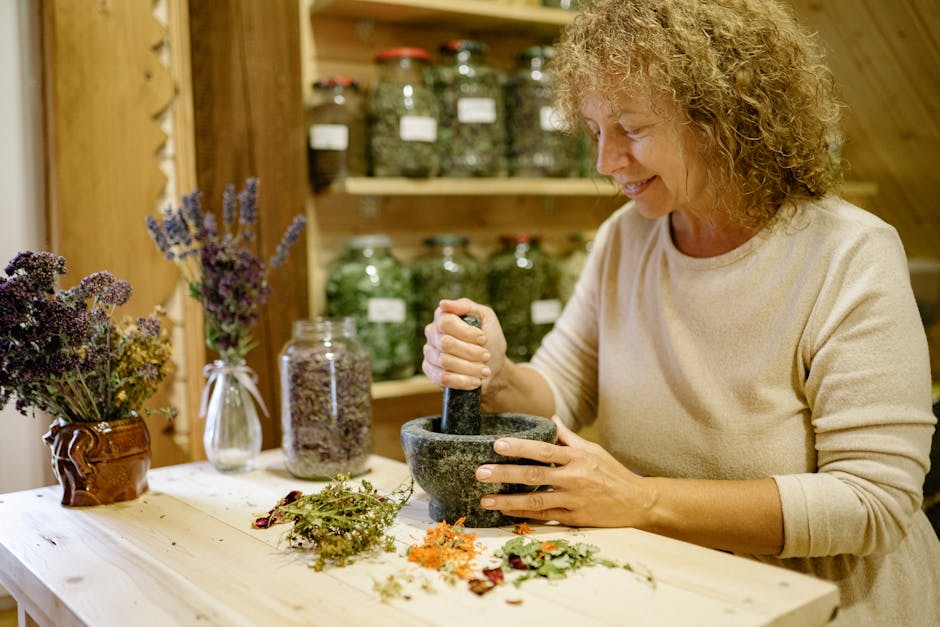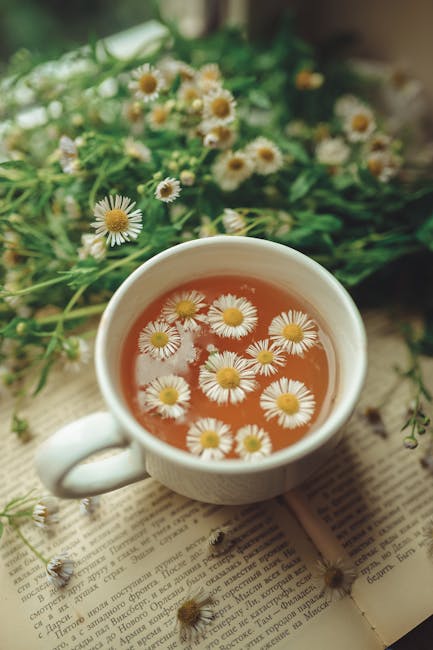Banish the Itch: Effective Home Remedies for Hemorrhoid Relief
Banish the Itch: Effective Home Remedies for Hemorrhoid Relief
Hemorrhoids, also known as piles, are swollen veins in the anus and rectum that can cause significant discomfort, particularly an intense and persistent itch. While medical intervention may be necessary in severe cases, many individuals find relief through home remedies. This comprehensive guide explores a range of effective home remedies for hemorrhoid itch, offering practical advice and emphasizing the importance of a holistic approach to management.
Understanding Hemorrhoid Itch
The itching associated with hemorrhoids stems from several factors. Inflammation, irritation from stool, and the presence of mucus can all contribute to the uncomfortable sensation. The severity of the itch varies depending on the severity of the hemorrhoids. Mild cases may experience occasional itching, while more severe cases can suffer from constant, debilitating irritation.
Before delving into home remedies, it’s crucial to understand that self-treating should only be done for mild cases. If your symptoms are severe, persistent, or accompanied by bleeding, pain, or other concerning symptoms, consult a doctor immediately. They can accurately diagnose the condition and recommend appropriate treatment.
Effective Home Remedies for Hemorrhoid Itch
1. Sitz Baths: Soaking for Relief
A sitz bath involves sitting in a few inches of warm water for 10-15 minutes several times a day. The warm water helps soothe inflamed tissues and reduce itching. Adding Epsom salts or baking soda to the water can further enhance its soothing properties. Epsom salts can help draw out inflammation, while baking soda can neutralize acidity.
Instructions: Fill a clean tub or a sitz bath basin with warm (not hot) water. Add 1-2 cups of Epsom salts or baking soda. Sit in the water for 10-15 minutes, 2-3 times a day. Gently pat the area dry afterward, avoiding harsh rubbing.
2. Witch Hazel: A Natural Astringent
Witch hazel is a natural astringent with anti-inflammatory properties. It helps reduce swelling and soothe irritated skin. Applying witch hazel directly to the affected area can provide temporary relief from itching and inflammation.
Instructions: Soak a cotton ball or pad in witch hazel and gently apply it to the affected area. Allow it to air dry. Repeat as needed, but avoid overuse, as it can dry out the skin.

3. Aloe Vera: Soothing and Healing
Aloe vera gel is well-known for its soothing and healing properties. Its anti-inflammatory and analgesic effects can help reduce itching and pain associated with hemorrhoids. The gel is gentle on the skin and can help promote healing.
Instructions: Apply a small amount of pure aloe vera gel directly to the affected area several times a day. Allow it to air dry. Ensure you are using pure aloe vera gel and not a product containing added fragrances or other ingredients that could irritate the sensitive skin.
4. Ice Packs: Reducing Swelling and Itching
Applying ice packs to the affected area can help reduce swelling and numb the area, providing temporary relief from itching. The cold temperature constricts blood vessels, reducing inflammation.
Instructions: Wrap an ice pack or a bag of frozen vegetables in a thin towel to avoid direct contact with the skin. Apply the ice pack to the affected area for 10-15 minutes at a time, several times a day.
5. Over-the-Counter Creams and Ointments
Several over-the-counter creams and ointments are available to treat hemorrhoid symptoms. These often contain ingredients like hydrocortisone (a steroid that reduces inflammation) or lidocaine (a numbing agent). Always follow the instructions on the packaging and consult a doctor if you experience any adverse reactions.

6. High-Fiber Diet: Preventing Constipation
Constipation is a major contributing factor to hemorrhoids. A high-fiber diet helps soften stools and makes bowel movements easier, reducing strain on the rectal veins and minimizing irritation. Increase your intake of fruits, vegetables, and whole grains to promote regular bowel movements.
7. Adequate Hydration: Softening Stools
Drinking plenty of water helps keep stools soft and prevents constipation. Aim for at least eight glasses of water per day. Other fluids, like herbal teas, can also contribute to hydration.
8. Regular Exercise: Promoting Bowel Health
Regular exercise helps stimulate bowel movements and improves overall digestive health. Aim for at least 30 minutes of moderate-intensity exercise most days of the week.
9. Avoid Straining During Bowel Movements
Straining during bowel movements increases pressure on the rectal veins, exacerbating hemorrhoids. Ensure you have enough time for comfortable bowel movements and avoid straining. If you experience constipation, address it with dietary changes or other appropriate measures.
10. Lifestyle Modifications for Long-Term Relief
Maintaining a healthy lifestyle is crucial for preventing and managing hemorrhoids. This includes a balanced diet, regular exercise, adequate hydration, and avoiding prolonged sitting or standing. Managing stress levels can also be beneficial, as stress can worsen hemorrhoid symptoms.
When to See a Doctor
While home remedies can provide relief for mild hemorrhoid symptoms, it’s essential to seek medical attention if you experience:
- Severe pain
- Bright red blood in your stool
- Prolonged or worsening symptoms
- Symptoms that don’t improve with home remedies
- Signs of infection, such as fever or pus
A doctor can accurately diagnose the condition, rule out other medical issues, and recommend appropriate treatment options, which may include medications, minimally invasive procedures, or surgery.
Conclusion
Hemorrhoid itch can be a significant source of discomfort, but many effective home remedies can provide relief. By incorporating these remedies into a holistic approach that includes dietary changes and lifestyle modifications, you can effectively manage your symptoms and improve your overall comfort. Remember that consistency is key, and it may take time to find the best remedies for your individual needs. Always seek professional medical advice if your symptoms are severe or persistent.





